The term “Brexit” has become one of the most significant political and economic developments of the 21st century, referring to the United Kingdom’s decision to exit the European Union. This monumental shift was driven by complex factors involving sovereignty, economic policy, immigration, and national identity. Understanding these motivations is essential to grasp the broader implications for the UK, the EU, and global markets.
Over the years, the topic has generated heated debates across political, social, and economic spheres. Supporters of the departure emphasized regaining control over laws and borders, while opponents warned of economic uncertainty and diminished international influence. The aftermath of the vote triggered a cascade of legal procedures, negotiations, and market reactions that continue to shape the geopolitical landscape. To stay informed, many have been keeping up with Brexit latest updates, as the situation evolves over time.
My name is Alex Thompson, a financial analyst with over 12 years of experience focusing on international markets. Alongside my team at Horizon Capital, we’ve closely monitored the effects of this historic decision. Today, I want to share insights not only on the causes and immediate consequences, but also on what the future might hold for the UK and its relationship with the rest of Europe, particularly through the lens of Brexit news today.
Through this comprehensive overview, readers will gain a clearer picture of the factors leading to this pivotal moment, how it has altered economic and political dynamics, and the evolving narrative that will define the years to come. Keeping up with Brexit news is crucial as the implications continue to unfold.
The Brexit Referendum: Key Facts
The referendum held on June 23, 2016, was a nationwide vote designed to decide whether the UK should remain a member of the European Union or leave. This vote marked a rare instance of direct democracy applied to an issue of such magnitude, with extensive campaigning and media coverage preceding the event.
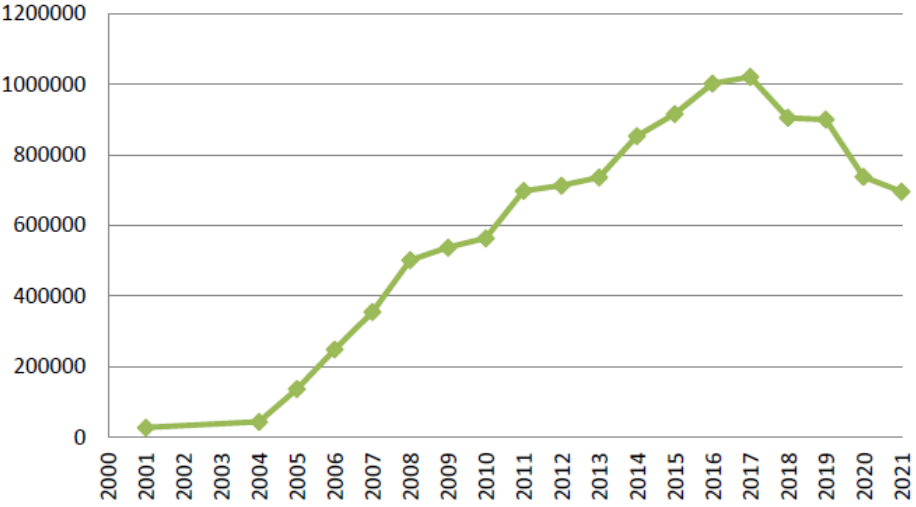
Campaigns for Leave and Remain
The “Leave” campaign focused on reclaiming national sovereignty, controlling immigration, and reducing EU regulations perceived as burdensome. It appealed to voters skeptical of globalization and the perceived loss of British autonomy. Conversely, the “Remain” camp highlighted economic risks, potential trade disruptions, and the benefits of membership in a large economic bloc. The debate was fierce, with arguments touching on identity, economics, and security.
Referendum Results and Voter Demographics
The final tally showed approximately 52% in favor of leaving, with 48% opting to stay. Voter turnout was high, reflecting the public’s engagement. Demographically, older voters and those in rural or economically distressed areas leaned toward exit, while younger voters and urban populations generally favored continued membership. These patterns exposed deep divisions within the country that still resonate today.
The Legal Process of Leaving the EU
Following the referendum, the UK triggered Article 50 of the Treaty on European Union in March 2017, starting the formal process of withdrawal. This legal mechanism sets a two-year negotiation window to agree on exit terms and future relationships. The period was marked by intense discussions on trade, citizens’ rights, border arrangements, and financial settlements. For many, understanding Brexit odds became crucial as speculations about the outcome influenced market behavior and political negotiations.
The process was complex and unprecedented, requiring new legal frameworks to replace decades of EU regulations. Parliamentary debates, court rulings, and political disagreements shaped the path, culminating in the official departure on January 31, 2020, followed by a transition period to ease the adjustment. For those still asking what is brexit, it is essentially the United Kingdom’s decision to leave the European Union, a move that reshapes the political, economic, and social landscape of the country and its global relationships.
Economic Impacts of Brexit
The economic consequences of leaving a large trading bloc have been profound and multifaceted. Markets initially reacted with volatility, reflecting uncertainty about future trade deals and regulatory divergence. Currency fluctuations, shifts in investment patterns, and changes in supply chains all underscored the risks involved. As Brexit news now continues to emerge, investors and analysts keep a close eye on developments and their long-term impacts.
Some sectors, like financial services, faced challenges related to market access, while others adapted by exploring new international partnerships. The agricultural and manufacturing industries also felt the impact of altered tariffs and labor mobility restrictions. Overall, the economy has experienced slower growth rates than initially projected, though opinions vary on long-term outcomes. In the midst of this uncertainty, some traders have turned to alternative investment strategies, such as binary options, to capitalize on market volatility.
Political Implications of Brexit
Politically, the departure reshaped the UK’s internal and external dynamics. It intensified debates about national unity, with Scotland and Northern Ireland raising renewed calls for autonomy or independence. The negotiations strained relations between London and Brussels, requiring delicate diplomacy to manage shared interests.
Moreover, the UK’s global standing shifted as it sought to redefine its role outside the EU framework. This transformation affected alliances, trade policies, and security arrangements, prompting a reevaluation of foreign policy priorities. In parallel, some investors turned to alternative financial instruments like binary options as a way to manage the risks associated with the political and economic changes brought about by Brexit. Binary options trading has gained popularity in such uncertain times, allowing traders to bet on short-term market movements.
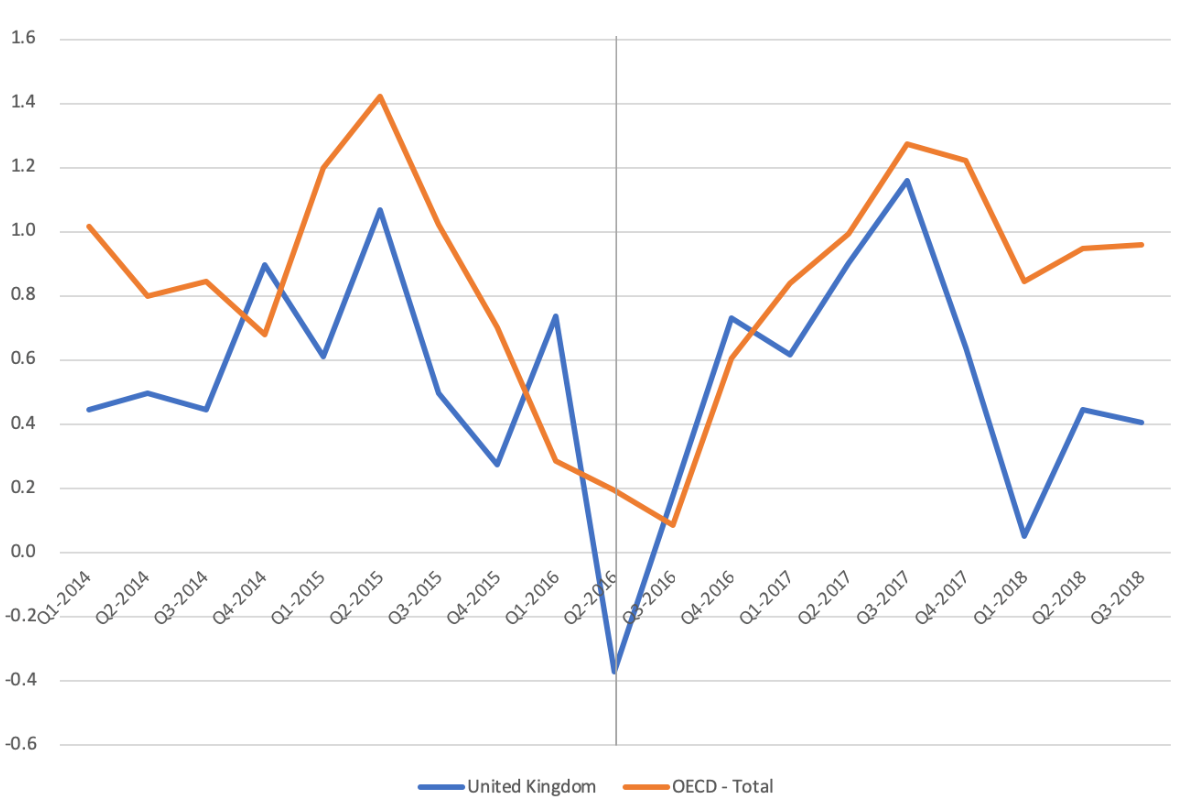
Social and Cultural Effects of Brexit
The referendum illuminated deep societal divides on issues such as immigration, identity, and globalization. Social cohesion faced challenges as communities grappled with change and uncertainty. The movement of people between the UK and EU altered, influencing labor markets, education, and cultural exchange.
At the same time, Brexit sparked discussions about what it means to be British in the modern world and how the country positions itself culturally and politically on the global stage. These conversations continue to evolve alongside demographic and economic shifts. Amid this uncertainty, many investors are turning to tools like binary options signals to help navigate the fluctuating markets, while others develop a well-structured binary options strategy to take advantage of short-term market movements that have been influenced by Brexit.
The Future of UK-EU Relations
Looking ahead, the relationship between the UK and the EU remains a work in progress. Trade agreements, regulatory cooperation, and political dialogue will define the ongoing partnership. Both sides face incentives to maintain stability but also contend with divergent priorities.
The future will likely involve a delicate balance between independence and interdependence, requiring pragmatic solutions to complex challenges. Innovations in trade policy, digital economy cooperation, and shared security initiatives may pave the way for a new chapter in their interaction. In parallel, some investors are turning to financial instruments like binary options trading strategy to navigate the uncertainty in markets. Trading binary options provides opportunities to capitalize on short-term market movements, especially during periods of economic and political transition.
FAQ
The decision to exit the European Union raised many questions regarding its motivations, practical consequences, and future prospects. Understanding these aspects is crucial for anyone interested in the evolving political and economic landscape of Europe and beyond.
What were the main reasons for Brexit?
Key reasons included desires to regain legislative control, manage immigration more strictly, and reduce obligations perceived as imposed by EU institutions. Economic sovereignty and national identity were also significant factors motivating the leave vote.
How has Brexit affected travel between the UK and EU?
Travel has become more regulated, with new visa and customs procedures introduced. While freedom of movement ended, arrangements have been made to facilitate tourism and business visits, though some complexities remain.
What are the prospects for future UK-EU trade agreements?
Negotiations continue to shape the trade framework, focusing on tariffs, standards, and cooperation in various sectors. Both parties aim to foster beneficial relations, but evolving political contexts will influence the pace and scope of agreements.
Read also about:

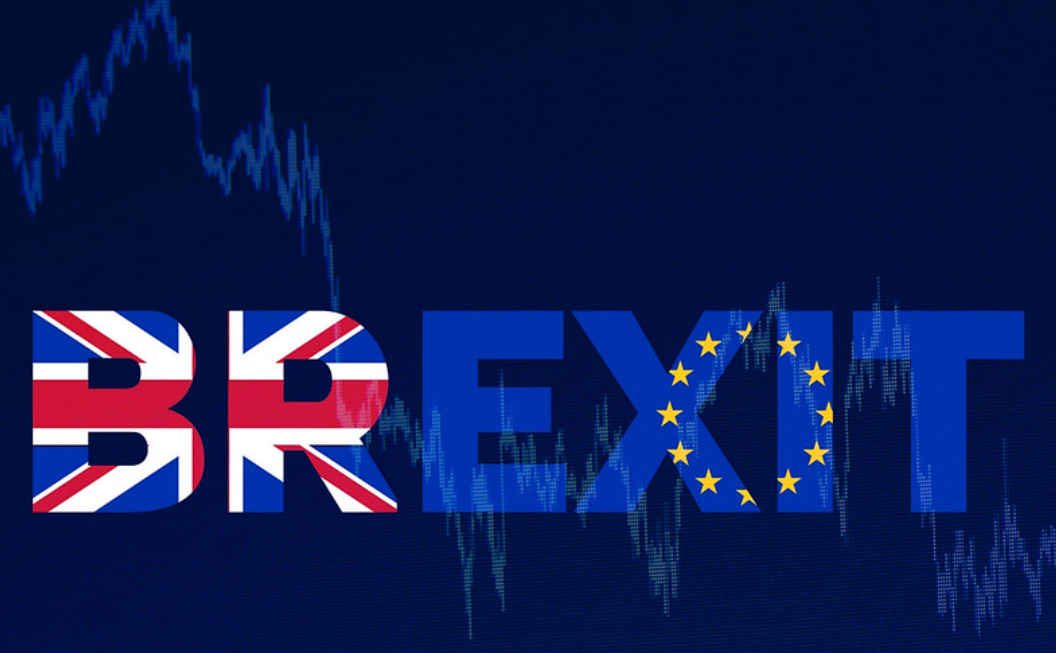

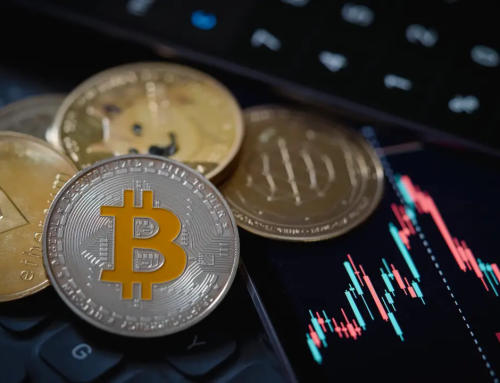

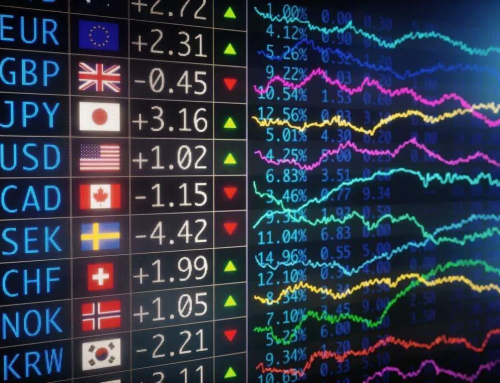




Leave A Comment